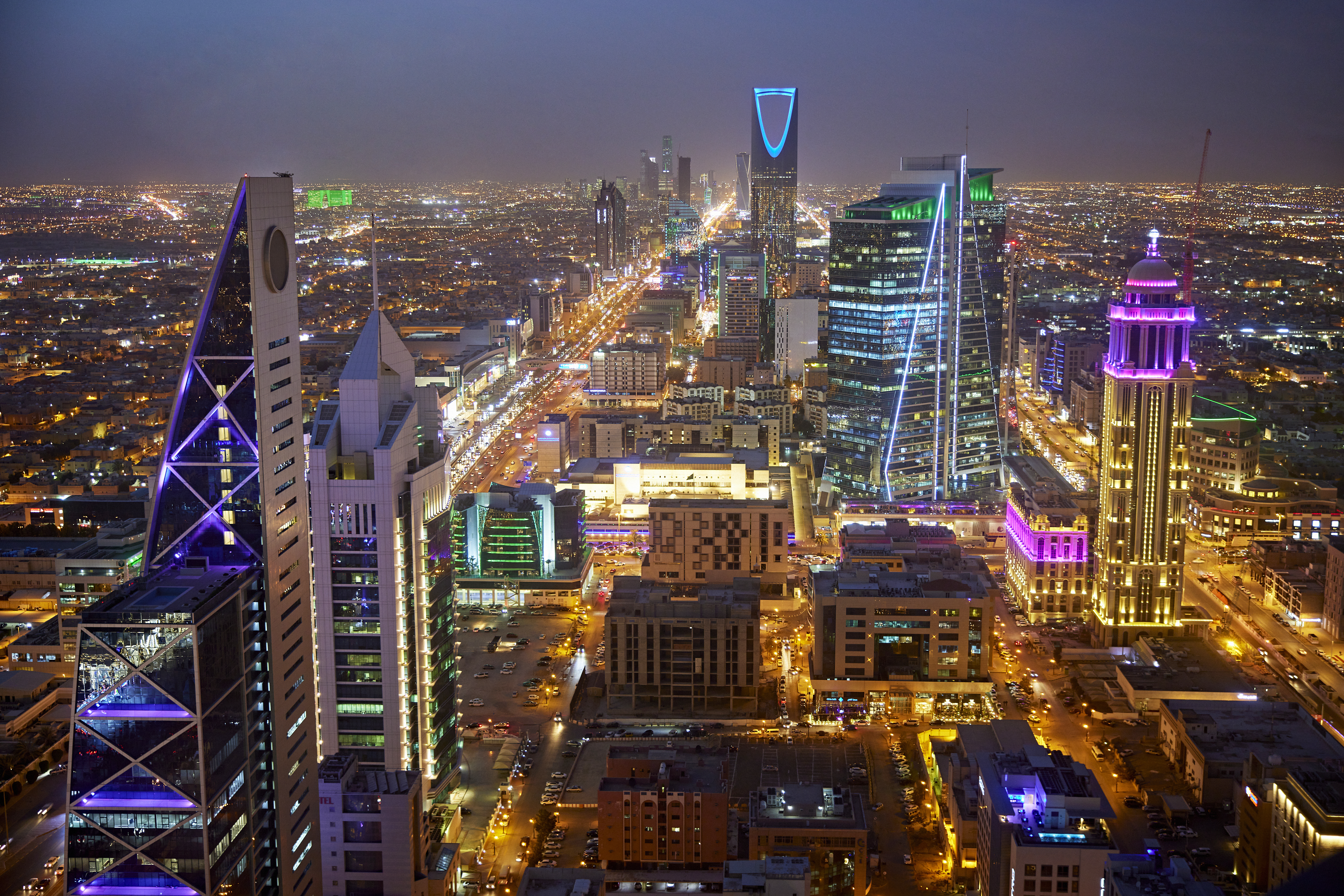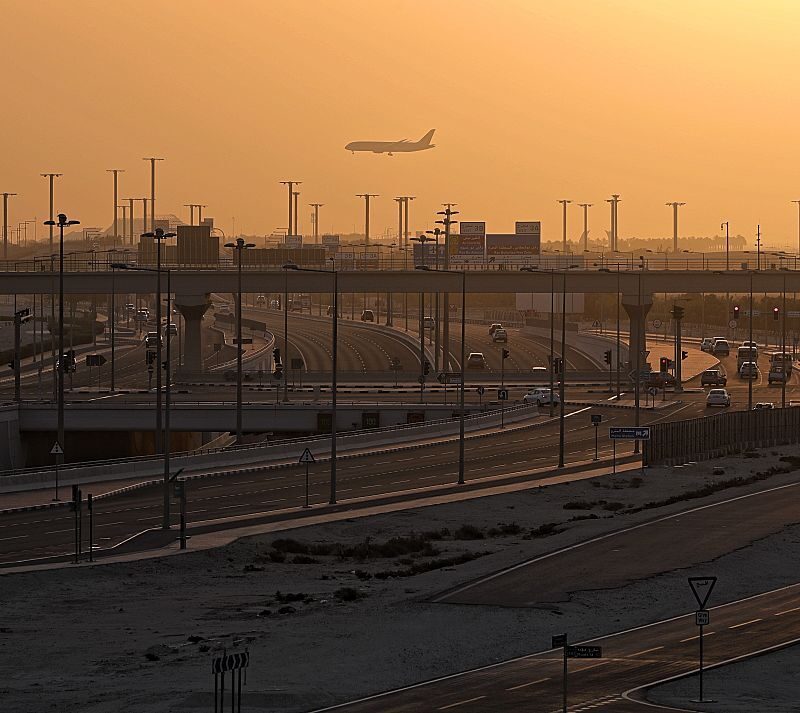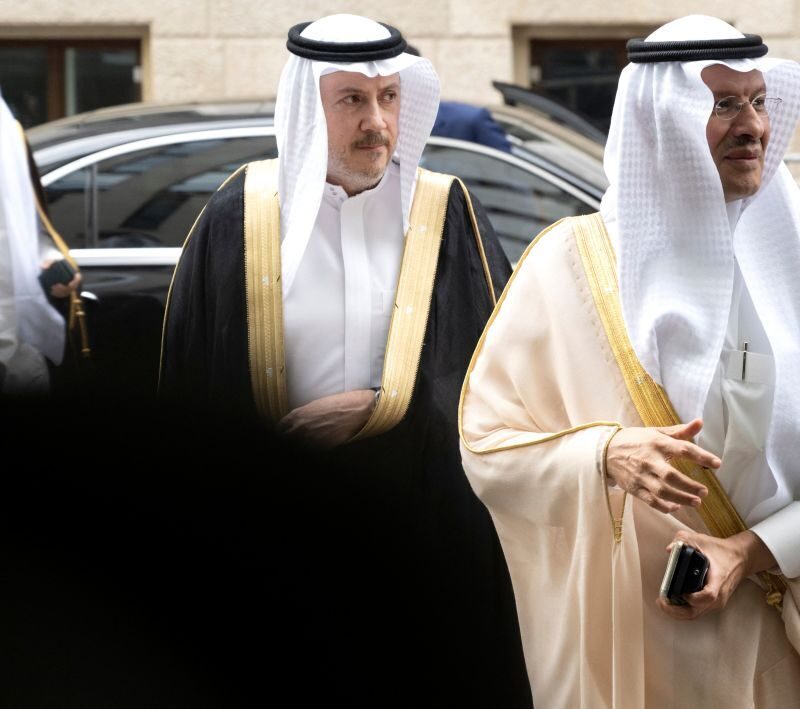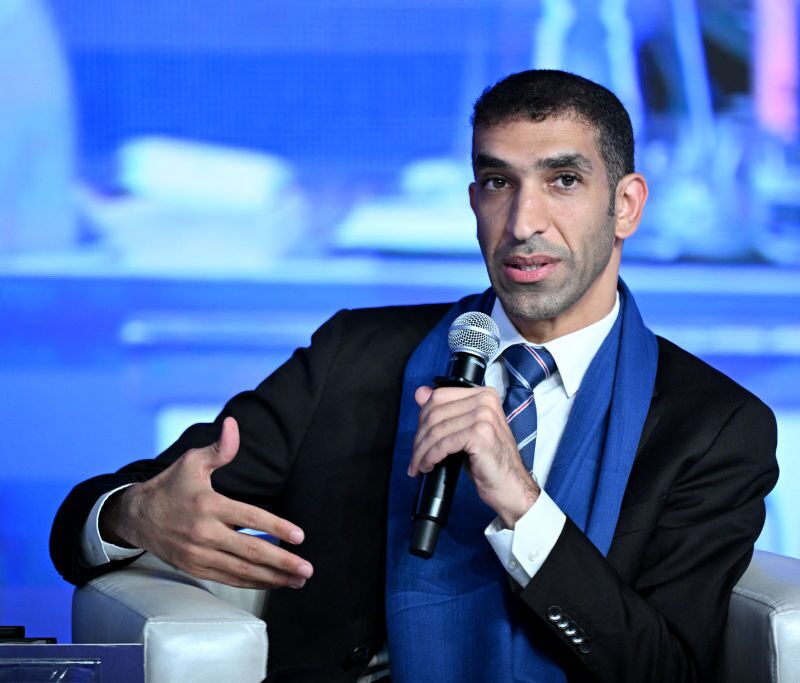
Will Saudi Arabia’s plan work to become the Middle East’s new corporate HQ?
With the world’s most active sovereign wealth fund and a raft of incentives and social reforms, the kingdom may diminish the UAE’s dominance in attracting corporates
The deadline has passed for international companies vying for big contracts with Saudi Arabia to relocate their corporate headquarters to the kingdom.
From Jan. 1, government-backed entities are restricted from doing business with large foreign firms that don’t have...




